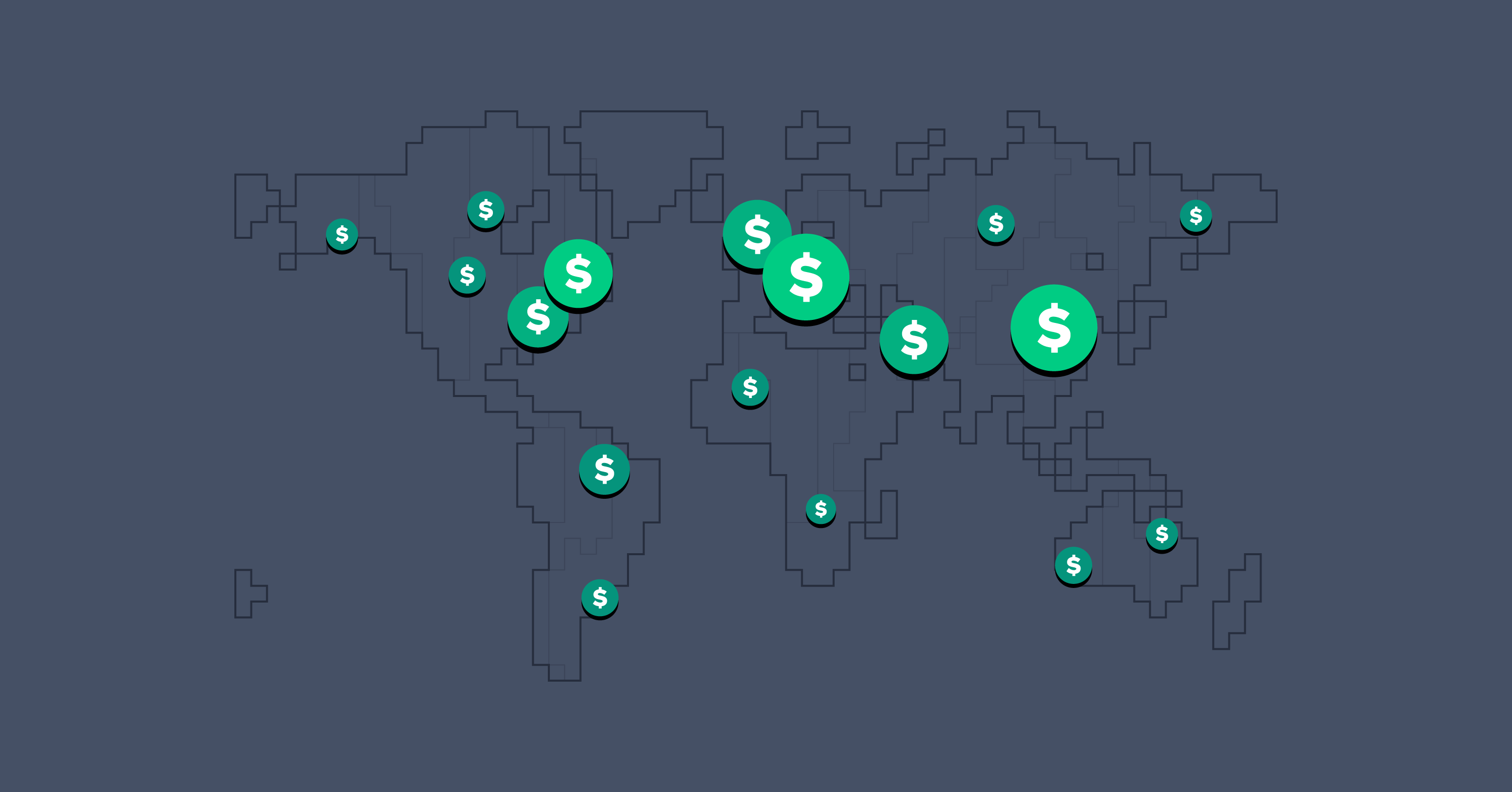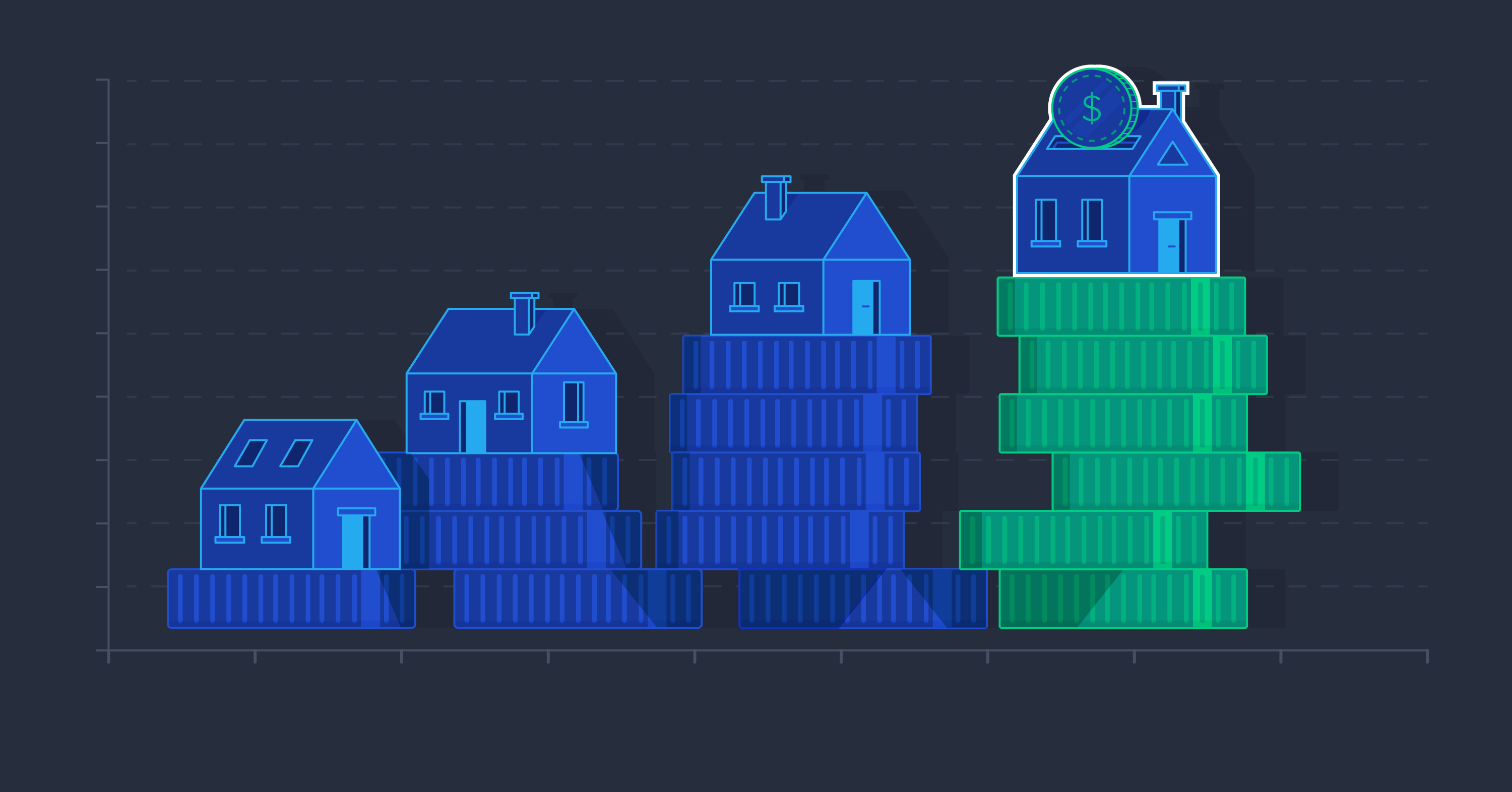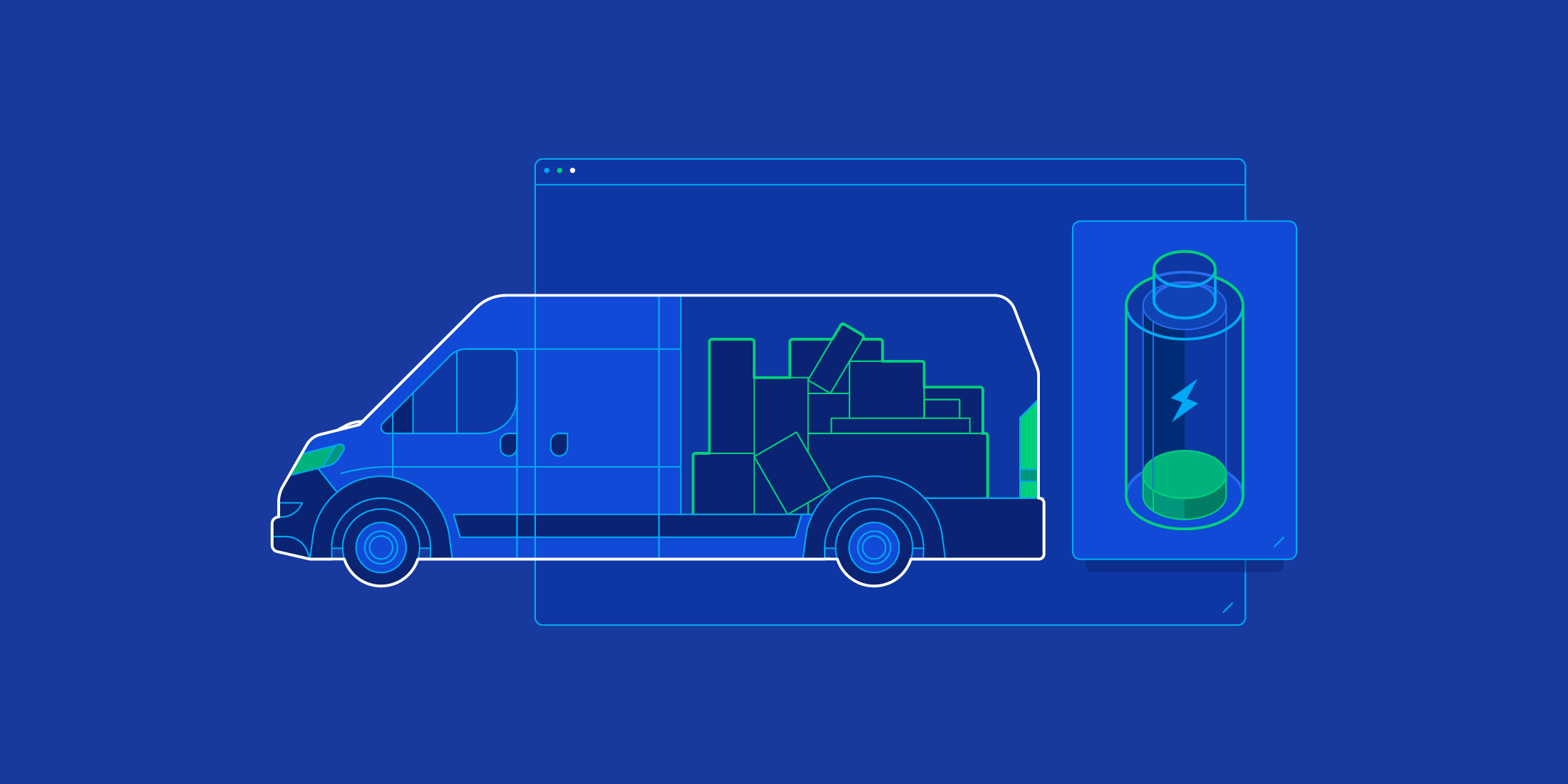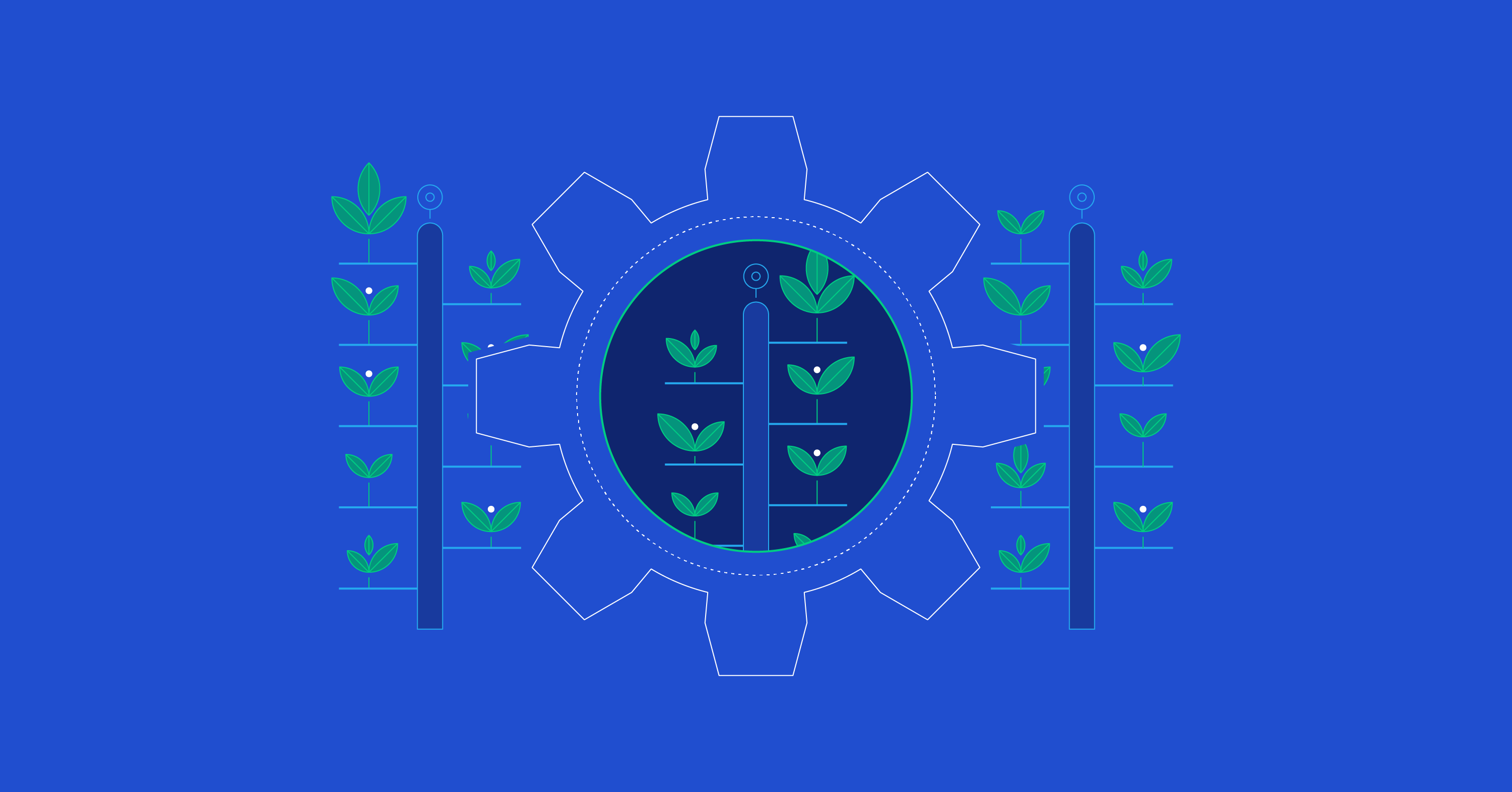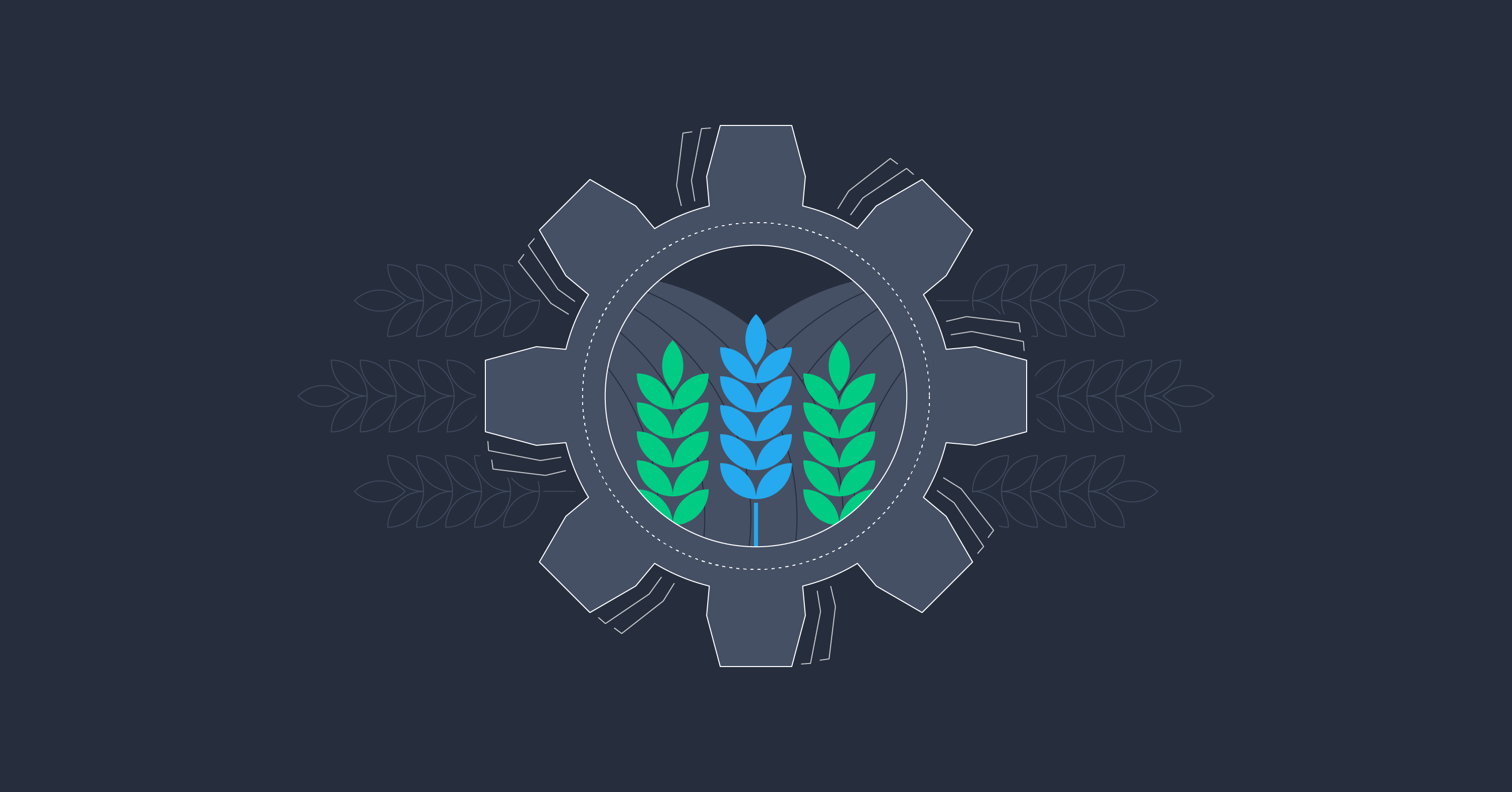A Century of Pandemics: Counting the Economic Costs
What are the real financial impacts of a pandemic like COVID-19? Using data from past pandemics and recent research, we estimate the current and projected costs.

Martin Schwarzburg
The Commercial Real Estate Market in 2020
Where are we now in the commercial real estate cycle? We analyze current market dynamics, risks, yield expectations, and trends to determine potential well-positioned commercial real estate investments in 2020.

Martin Schwarzburg
Fatigued by the Subscription Business Model
The subscription business model has existed for generations but has recently surged in popularity. In efforts to replicate the success of the SaaS sector, consumer products startups are increasingly trying to stimulate recurring revenue by offering subscriptions.
Toptal Talent Network Experts
Feeding the Future: An Overview of Agrifood Technology
As environmental, social, and demographic factors increasingly put pressure on traditional food production, investors and entrepreneurs are turning to innovation. Many promising startups are emerging, all with a focus on producing food in a more efficient and sustainable way.

Francesco Castellano
EdTech Industry Analysis & Trends (2020)
Education has rapidly evolved away from the red-brick schoolhouse model. About $7.0 billion was invested globally by VC funds into the edtech market in 2019. This is expected to grow 3x over the next decade. Where is the money going? What characteristics do new competitors need to be sustainable?

Steven Southwick
Feeding the Future: An Overview of the Agrifood Industry
The amount of money pouring into Agrifood tech has increased more than sixfold since 2012: from $3 billion to almost $18 billion. In the first part of this series, we examine the three changing conditions making this field ripe for innovation and analyze emerging technologies.

Francesco Castellano
Imperfect Harmony: An Overview of SoundCloud vs. Spotify
Not many industries have undergone the same level of transformation as the music industry - technology has changed every facet of the industry. File streaming has been nothing short of a revolution. What can be learned from Spotify vs. SoundCloud?

Natasha Ketabchi
Doing Business in the European Union
The EU economy is worth $15.5 trillion, 24 million companies operate within it, and there are 300 million online shoppers. Is this a market you should be in? If so, how do you serve the EU market while balancing customer service, cost, and complexity?

Paul Ainsworth
State of the Fintech Industry (with Infographic)
Tech firms have enjoyed a deluge of funding in the last few years. Fintech is no exception. Now is the time to see which companies are here to stay and can become profitable - there will be some necessary consolidation and perhaps some high-profile failures.

Natasha Ketabchi
World-class articles, delivered weekly.
Toptal Finance Experts
- Blockchain Consultants
- Business Management Consultants
- Business Plan Consultants
- Business Process Optimization Consultants
- Certified Public Accountants (CPA)
- Economic Development Consultants
- Equity Research Analysts
- Excel Experts
- Financial Benchmarking Consultants
- Financial Forecasting Experts
- Financial Modeling Consultants
- Financial Writers
- Fintech Consultants
- FP&A Consultants
- Fractional CFOs
- Fundraising Consultants
- FX Consultants
- Growth Strategy Consultants
- Integrated Business Planning Consultants
- Interim CFOs
- Investment Managers
- Investment Thesis Consultants
- Investor Relations Consultants
- M&A Consultants
- Market Sizing Experts
- Pitch Deck Consultants
- Private Equity Consultants
- Procurement Consultants
- Profitability Analysis Experts
- Real Estate Experts
- Restructuring Consultants
- Risk Management Consultants
- Small Business Consultants
- Supply Chain Management Consultants
- Valuation Specialists
- Venture Capital Consultants
- Virtual CFOs
- Xero Experts
- View More Freelance Finance Experts
Join the Toptal® community.
